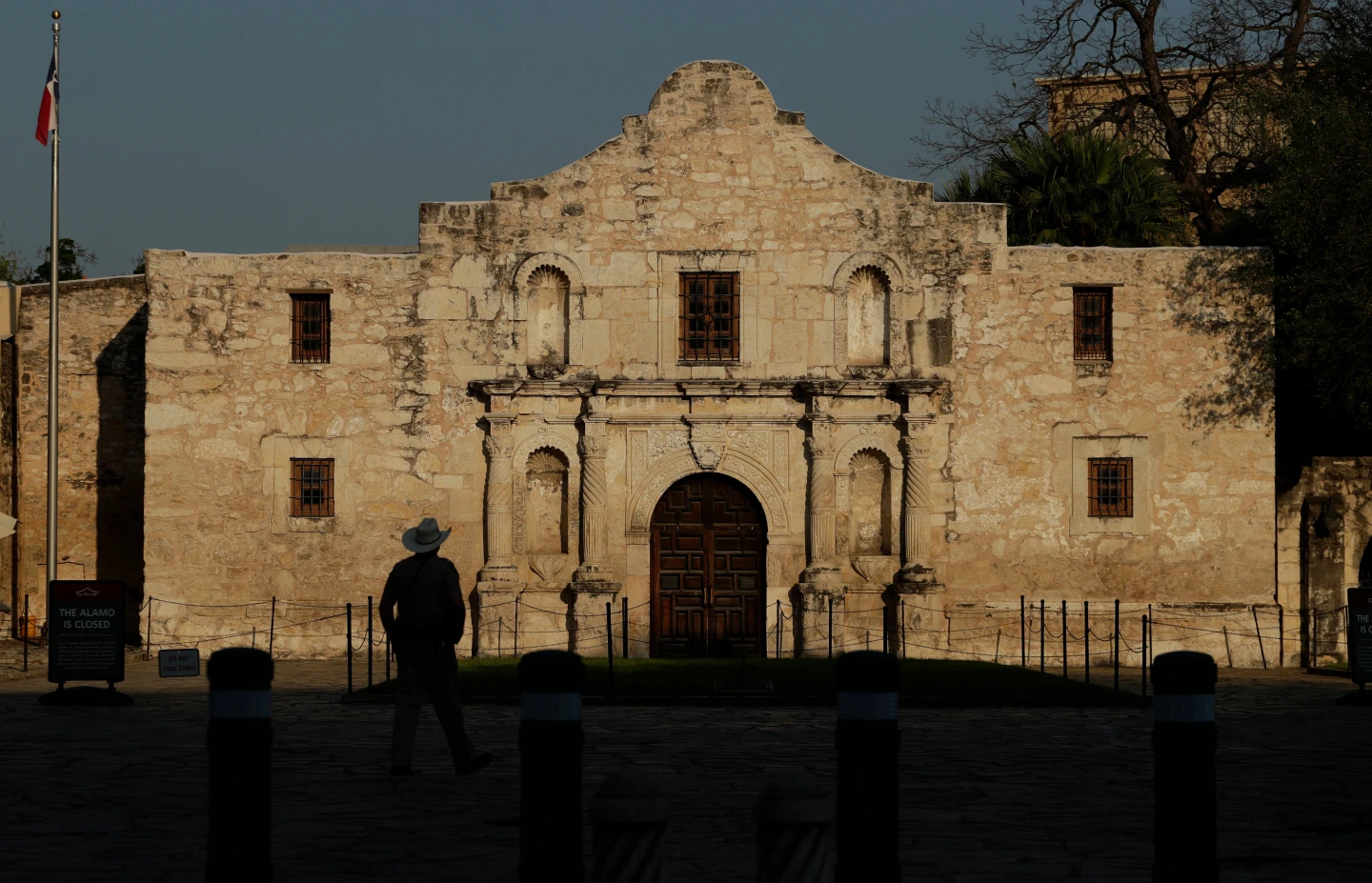Alamo CEO Resigns After Texas Lieutenant Governor Calls for Her Removal
Kate Rogers Steps Down Following Public Criticism from Lt. Gov. Dan Patrick
The chief executive of the Alamo Trust, the nonprofit overseeing San Antonio’s historic landmark, has resigned following sharp criticism from Texas Lt. Gov. Dan Patrick. The Republican leader accused her of holding views incompatible with the Alamo’s historical legacy.
Kate Rogers announced Friday that she had stepped down the previous day, saying it became clear “it was time to move on” after Patrick publicly urged the Alamo Trust’s board to either dismiss her or accept her resignation. His remarks came after he criticized an academic paper Rogers wrote questioning recent Texas education policies.
Patrick’s Letter Sparks Controversy
Patrick posted his letter to the board Thursday on X, calling Rogers’ paper “shocking” and questioning her judgment. The document, part of her doctoral work at the University of Southern California in 2023, explored the political influence on education and suggested broadening how the Alamo’s story is told.
“She has a totally different view of how the history of the Alamo should be told,” Patrick wrote. He argued that Rogers’ academic positions raised serious doubts about her leadership of the historic site, often called “the Shrine of Texas Liberty.”
Debate Over Historical Narrative
The dispute highlights a deeper national conflict over how American history is interpreted and taught. Patrick’s actions follow similar political clashes—such as former President Donald Trump’s calls for museums to place less emphasis on slavery and other controversial aspects of U.S. history.
The Alamo Trust manages the site under contract with the Texas General Land Office. The state is investing $400 million in a major renovation, including a museum and visitor center scheduled to open in 2027. The Alamo attracts more than 1.6 million visitors annually.
Backlash from Local Leaders
Bexar County Judge Peter Sakai criticized Patrick’s involvement, calling it “gross political interference.” He urged state leaders to keep politics out of historical education, saying, “We need to get politics out of our teaching of history. Period.”
Academic Context and Broader Message
In her 2023 paper, Rogers had questioned the Texas Legislature’s conservative approach to education, which restricted classroom discussions about race and slavery. “I do not believe it is the role of politicians to determine what professional educators can or should teach,” she wrote.
She also referenced the 2021 book Forget the Alamo, which argues that slavery played a role in Texas’ war for independence from Mexico. Rogers supported a more inclusive telling of the Alamo’s story, including its Indigenous history, but acknowledged that “politically that may not be possible at this time.”
Remembering the Alamo
Traditional accounts of the 1836 siege celebrate the Texan defenders as heroes of liberty. Patrick, in his letter, described the battle as “13 Days of Glory,” warning against what he called a “rewrite of history.”
“We must ensure that future generations never forget the sacrifice for freedom that was made,” he wrote, pledging to protect the Alamo’s traditional narrative even as debate continues over how that history should be presented.


